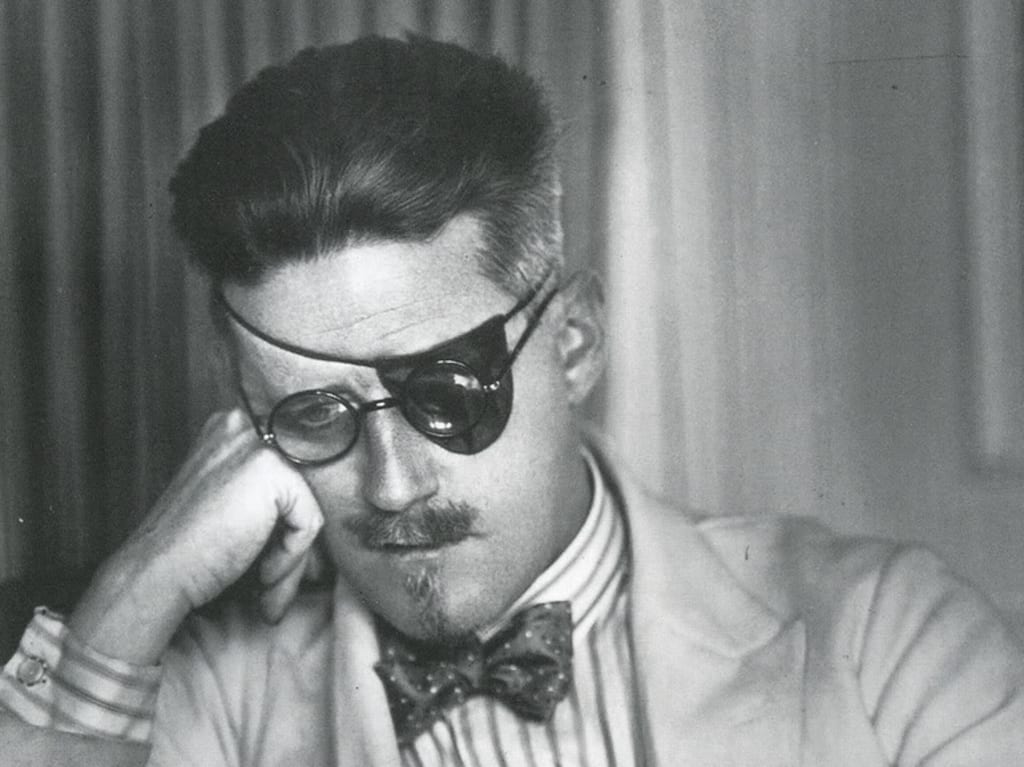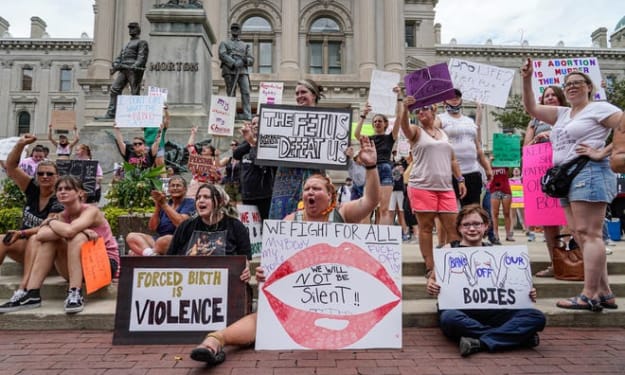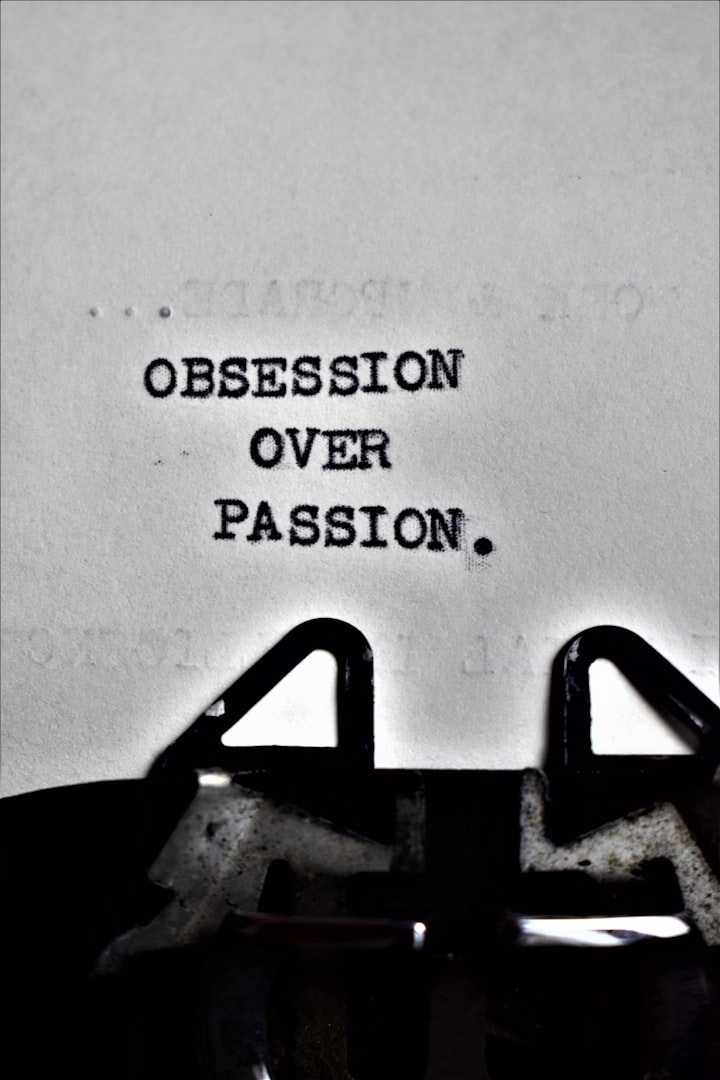The Classics of Tomorrow
"The artist, like the God of creation, remains within or behind or beyond or above his handiwork, invisible, refined out of existence, indifferent, paring his fingernails." - James Joyce

Have you ever thought to yourself, while reading an excellent book, "This should be a lot more popular than it is"? Or maybe you have read a mainstream modern novel and thought, "This will be one of the classics of our era someday." I am fascinated with books which are deemed classics, books which are collectively agreed upon to carry some cultural or intellectual significance or value.
Sometimes a work of art is not truly appreciated until the artist is long gone. Herman Melville's Moby Dick was a disaster during the author's lifetime— after sinking his career with the monotonous whale tale, Melville eventually retired from writing, and by the time of his death, none of his work was in print. Yet in the 1920s, his name began to resurface; today Moby Dick is revered and accepted as canon in the classics of English literature.
Another instance of delayed praise is seen vividly in the life and death of Emily Dickinson, whose poems— today regarded as some of the world's best— were not printed publicly until after her death. Sylvia Plath is similiar. Recognized today as a prolific poet and writer, the bulk of Plath's poetry was not published until after her death.
While she was living, Plath published her famously semi-autobiographical novel The Bell Jar under the pseudonym Victoria Lucas. After Plath's tragic suicide, the novel soared in sales. Twenty-first century media still returns to The Bell Jar for inspiration, and the novel is often quoted or referenced in pop culture. Plath and her publishers could not have known when she first released it that the book would become a staple in mental health-related literary iconography and remain pertinent for generations to come.
Yet perhaps publishers can sometimes foresee what audiences are late to realize. Did these authors' deaths make their works more relevant, or was the literary world too slow to catch their genius while they were alive? It takes a few readers to recognize a story's potential for it to become a hit, and one day become a classic; and though it is not possible to measure a novel by its future success, perhaps it is easier than you think to spot a classic in the making.
In Herbert Gorman's 1928 forward to A Portrait of a Young Man as an Artist (henceforth Portrait) by James Joyce, Gorman writes: "In [Portrait] is the promise of that new literature, new both in form and content, that will be the classics of tomorrow."
Gorman predicted before anyone else that Portrait would be a classic novel which inspires other classics to be written— and he was right. Joyce is remembered today for being a pioneer of the stream of consciousness writing style, a method which is also ascribed to other classic writers such as Virginia Woolf and Marcel Proust. Additionally, Joyce is credited with opening the door to more experimental writing techniques, such as inner monologue and using new words which he invented.
Joyce's semi-autobiographical Portrait, his debut novel, was published in 1916 in the twilight of modernism. Portrait remains influential today for its poignant depiction of a man's physical, intellectual, and moral evolution. Along with being a marker of the modernist movement, the novel is one of the first great examples of English literature's take on the coming-of-age story genre.
Oxford Dictionary defines a classic as a work of literature which is "judged over a period of time to be of the highest quality" of its kind. Gorman had no way of knowing for certain what Portrait would become, but he had a hunch that it would be canonized as an English classic. Perhaps the novel settled into his spirit and remained there when he first read it, leaving a lasting mark on him and standing the test of time.
If a classic novel is one which stays with you or possibly changes you, what are some modern books that you believe hold the potential to become (and/or inspire the creation of) the classics of tomorrow? Here are just ten fiction novels I would bet on:
* Book Thief, Markus Zusak
* Life of Pi, Yann Martel
* Things Fall Apart, Chinua Achebe
* White Teeth, Zadie Smith
* All the Light We Cannot See, Anthony Doerr
* Beloved, Toni Morrison
* Americanah, Chimamanda Ngozi Adichie
* Homegoing, Yaa Gyasi
* Everything I Never Told You, Celeste Ng
* The Underground Railroad, Colson Whitehead
About the Creator
Abi Jo Shoaff
she/her
I write about what excites me.
I'm also a shameless literature and music nerd, hoarder and annotator of books, and proud lesbian mom to five adorable pets– and I'm an aspiring poet, essayist, and storyteller.
Thanks for reading.






Comments
There are no comments for this story
Be the first to respond and start the conversation.